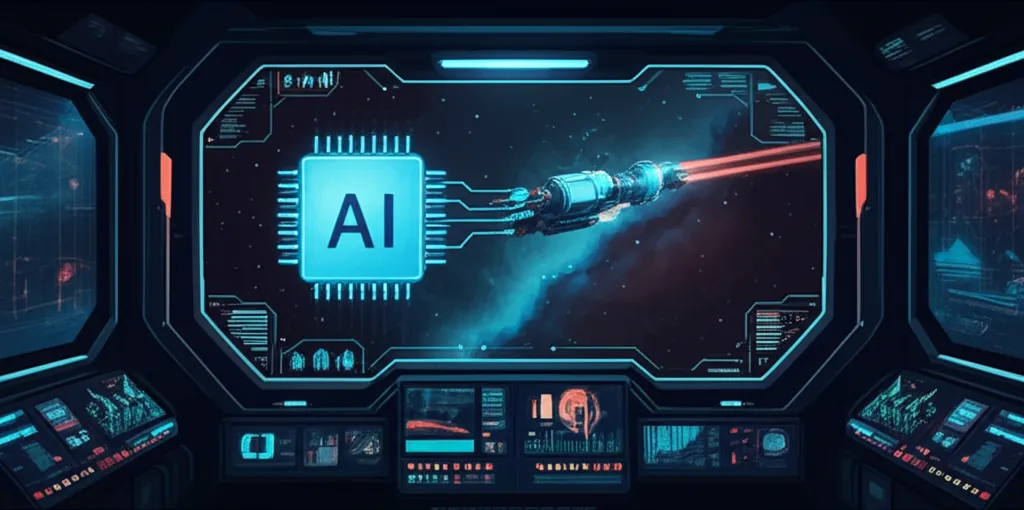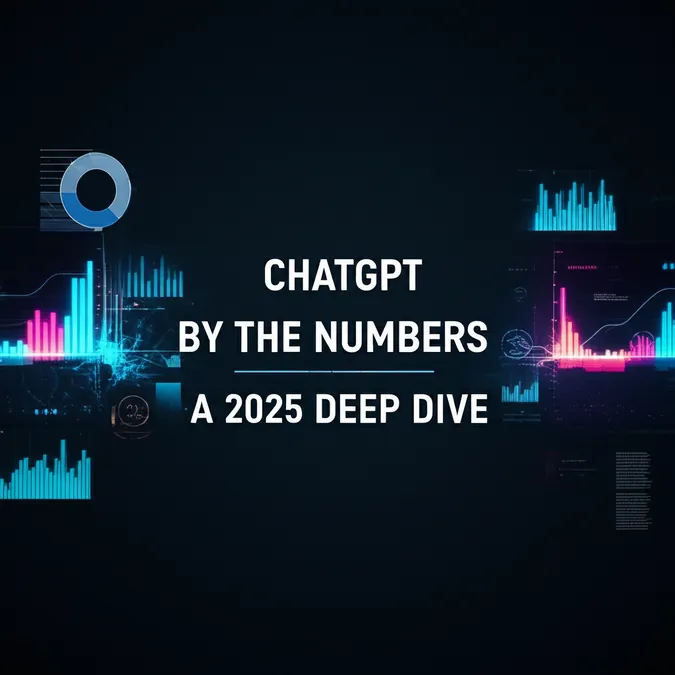Developer Offer
Try ImaginePro API with 50 Free Credits
Build and ship AI-powered visuals with Midjourney, Flux, and more — free credits refresh every month.
How AI Redefines The Value Of A College Degree
A new era is here. With tools like ChatGPT, Claude, and Grok now widely available, artificial intelligence is reshaping how we learn and work. These large language models (LLMs) can generate high-quality essays, emails, and even poetry from a simple prompt. This development is both thrilling and unnerving, especially within higher education, where the stakes of genuine knowledge are high.
Some universities have responded by banning or restricting AI tools. Institutions in Alabama, New York, Cambridge, and Imperial College London are trying to contain what they see as a threat to academic integrity. But what if AI doesn’t just threaten higher education? What if it reveals something fundamental about its true purpose?
The Argument for Banning AI in Schools
The primary reason for banning AI is straightforward: students who outsource their writing assignments won't develop crucial skills. The prevailing belief is that college is where students sharpen critical thinking, learn to write with clarity, and build the intellectual foundation for a complex world. This is the “skills-based” explanation for higher education.
For example, Carnegie Mellon University states it aims to foster “deep disciplinary knowledge” alongside communication and leadership skills. Similarly, Arizona State University wants to graduate “critically thinking global citizens.” From this perspective, AI poses a clear problem. If a student uses ChatGPT to write a term paper, they may get the degree, but they might not become the capable individual that the degree is supposed to signify.
An Alternative View The Power of Signaling
What if the skills argument is only half the story? Another prominent theory, known as signaling theory, offers a different lens through which to view the role of college and the impact of AI.
In economics, signaling theory explains how individuals communicate hard-to-observe traits through costly and difficult-to-fake actions. A peacock’s elaborate tail feathers or an Olympian’s years of training are powerful signals. Nobel laureate Michael Spence applied this concept to education, arguing that employers can't easily gauge a job applicant's intelligence or diligence. Therefore, they rely on signals like degrees and GPAs to make informed decisions. A diploma from a top university signals that a person has the intelligence, conscientiousness, and conformity to meet demanding institutional standards for four years.
This may sound cynical, but student behavior often supports it. Students frequently celebrate canceled classes, seek out “easy A” courses, and prioritize grades over genuine content mastery. As economist Bryan Caplan highlights, they will even cheat if they believe they can get away with it. If acquiring knowledge were the primary goal, these actions would be irrational. But if college is mainly about signaling desirable traits, these behaviors make perfect sense—the credential is the prize.
How ChatGPT Changes the Academic Signal
This brings us back to ChatGPT. If college is about skill-building, AI is a major threat. However, if college is largely about signaling, AI simply changes the game. The signal just evolves.
At schools that ban AI, students face a new test: can they leverage AI without getting caught? Many are already doing so. One Columbia undergrad described how students use ChatGPT for brainstorming and outlining before rewriting the text to sound more “human.” Here, the AI isn't replacing the student but acting as a stealthy, high-powered tutor.
In this new environment, successful students are those who can strategically integrate AI tools. They use them enough to enhance their work but not so much that they trigger plagiarism detectors. These students demonstrate a sophisticated understanding of the tool itself, not just how to use it for a shortcut.
What Does the Future Hold for Higher Education
Being able to collaborate effectively with AI may become a valuable new signal, indicating tech-savviness, adaptability, and the ability to navigate complex systems. In an economy increasingly shaped by LLMs, these are precisely the traits employers will seek.
As Bryan Caplan argues, signals don't need to be perfect; they just need to be better than nothing. A college degree still serves as a filter, even if AI assists some students. It still communicates something important about a graduate—it just might be communicating something different now.
The most forward-thinking students won't just use AI to cheat. They will use it to think more clearly, write more effectively, and work more efficiently, blending human insight with machine-powered support. That is a skill worth learning, and perhaps, a signal worth sending.
Compare Plans & Pricing
Find the plan that matches your workload and unlock full access to ImaginePro.
| Plan | Price | Highlights |
|---|---|---|
| Standard | $8 / month |
|
| Premium | $20 / month |
|
Need custom terms? Talk to us to tailor credits, rate limits, or deployment options.
View All Pricing Details

